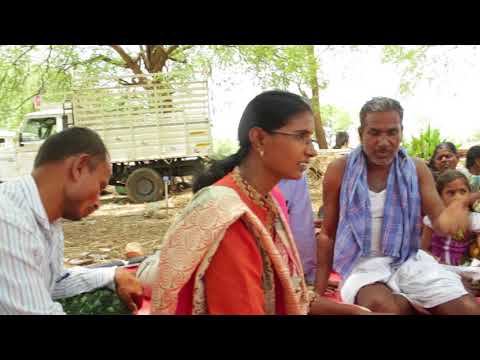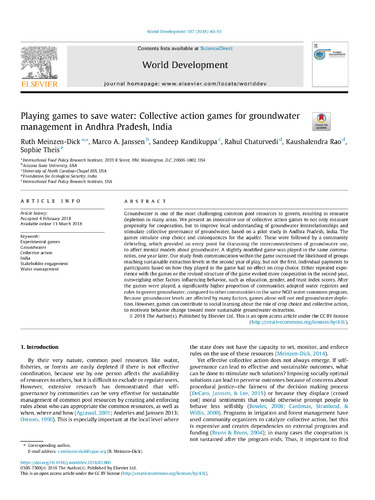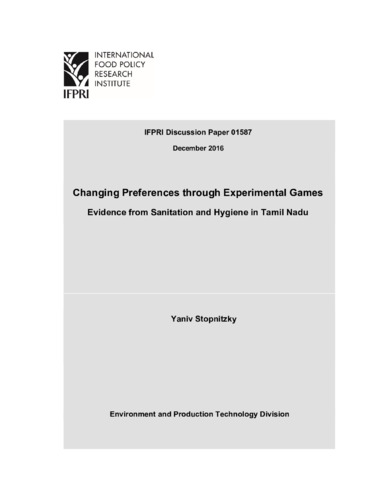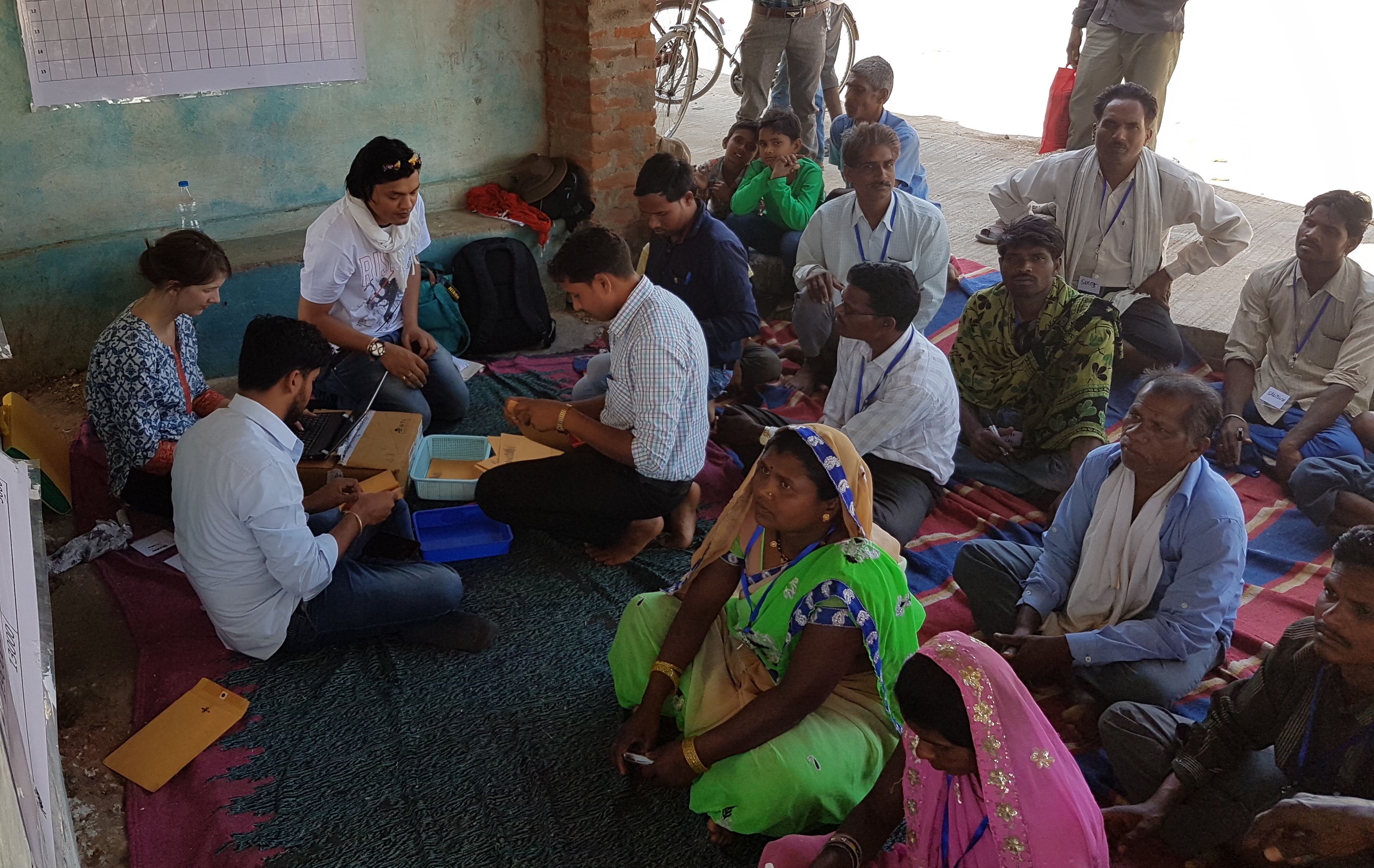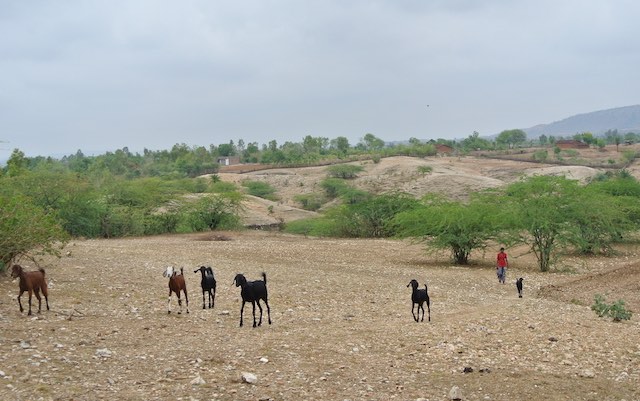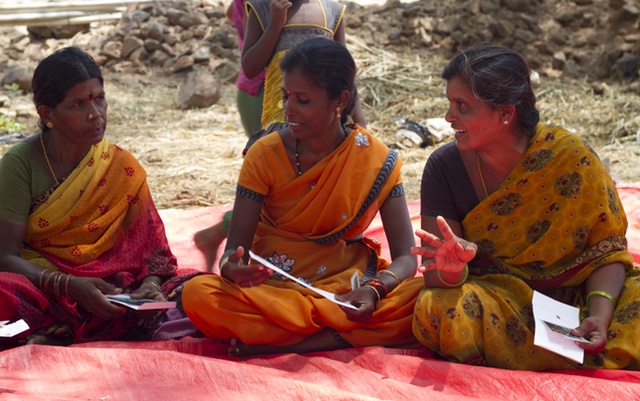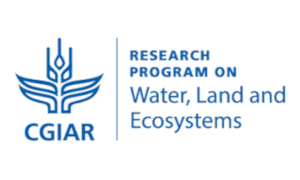Water is a shared resource, which requires coordination between resource users, but in many cases the necessary collective action to manage water does not emerge. Programs in irrigation or forest management have used community organizers to stimulate collective action, but this is expensive and creates dependency. Field experiments are increasingly used to measure collective action and test theories about behavior regarding common pool resources. Some researchers have begun to speculate that participation in collective action games may affect subsequent behavior. Experiments provide opportunities for dialogue with community members regarding collective action, and the exercises and discussions may modify community members’ views on the valuation and management of the resource. Studying these effects can indicate whether experimental games can become a tool for strengthening collective action.
This research tests whether experimental games can be used not only to measure collective action, but also to strengthen collective action for managing shared water resources in India and Colombia. It identifies factors that affect the level of current collective action and related outcomes for groundwater pumping, tests whether the results of games are comparable to observed levels of collective action, and whether the games and subsequent community discussions strengthen collective action for water management. Documenting the methods and working with NGOs increases capacity to strengthen collective action at the local level.
Key research questions
- What factors affect people’s decisions and behavior in water use?
- Can experimental games be used as intervention tools to strengthen collective action for water management?
- Compared to the controls, does holding experiments and community discussion meetings lead to improved outcomes in terms of:
- Changes in individual behavior?
- Changes in community institutional arrangements?
- Improvement in the sustainability of the resource?
Basic information about the activity
The study conducts an “experiment on the impact of experiments” in irrigation communities in India and Colombia. Treatment groups are villages and irrigation systems in which field experiments with collective action games are implemented. Control cases are comparable communities where no such experiments will be conducted.
We collected baseline data in all the communities, using a questionnaire applied to sample households and at the community level to understand key variables about attitudes towards water and irrigation practices. We then conducted field experiments in those communities where the Foundation for Ecological Security is working on groundwater management in Andhra Pradesh, India, or Engineers without Borders is working in Colombia. The results of the analysis were discussed during community workshops.
Preliminary results indicate that the experimental games are well received by both the communities and the participating NGOs, and are effective in helping communities to understand the interrelationships between individual water use and collective resource availability. The first results from the 3 villages in Colombia (control, games, games+workshops) suggest that holding workshops with the communities after the games are conducted reinforce positive attitudes towards cooperation and a fair allocation of water if compared to the control or the “only-games” treatment when all participants were invited to participate again in the games a few months later. This suggests that a pedagogical participatory exercise will be complementary to the games themselves.




